An eye-catching trend emerged among some of the world’s wealthiest individuals in March 2024. Billionaires like Jeff Bezos and Mark Zuckerberg sold off massive amounts of their company stock in an unprecedented shift. This has sparked widespread speculation and unease on financial markets from both the financial sector and the public. The timing of these sales, with markets near all-time highs, has fueled concerns about a potential downturn. This article explores the reasons behind this trend and its potential meaning for the market.
What’s Driving the Billionaire Sell-Off?
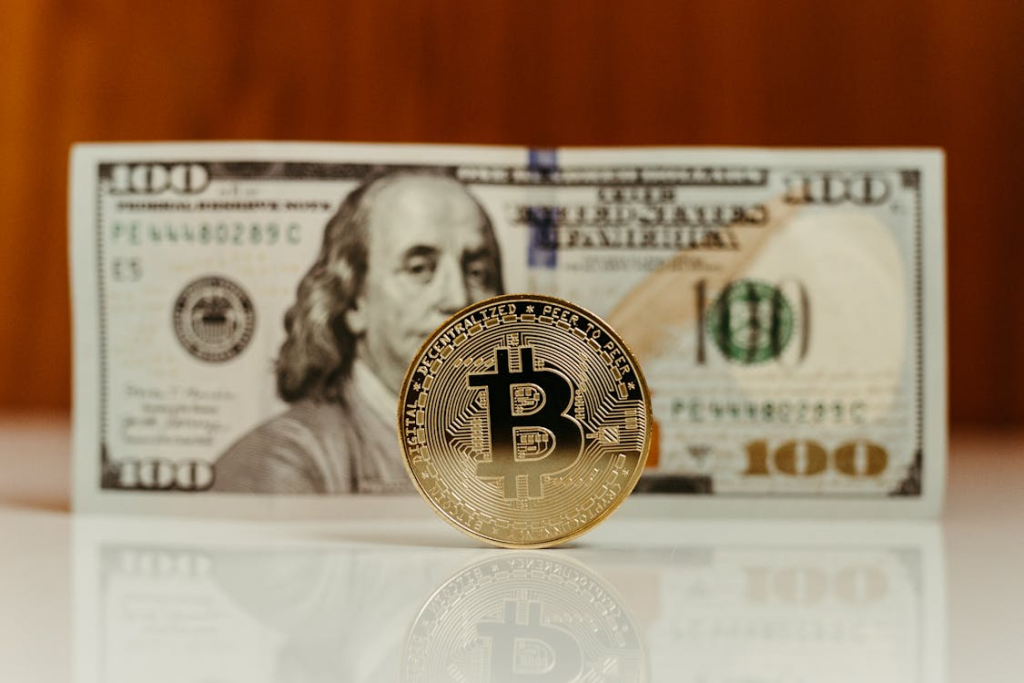
While motivations between billionaires may differ as to their actions, there seems to be overlapping themes between each. Several key factors appeared to motivate this wave of stock sales. Understanding these factors can offer insight into what is driving this trend. It is also crucial to both individual investors and the broader market, signalling change in economic conditions and investor sentiment.
The 2024 Presidential Impact
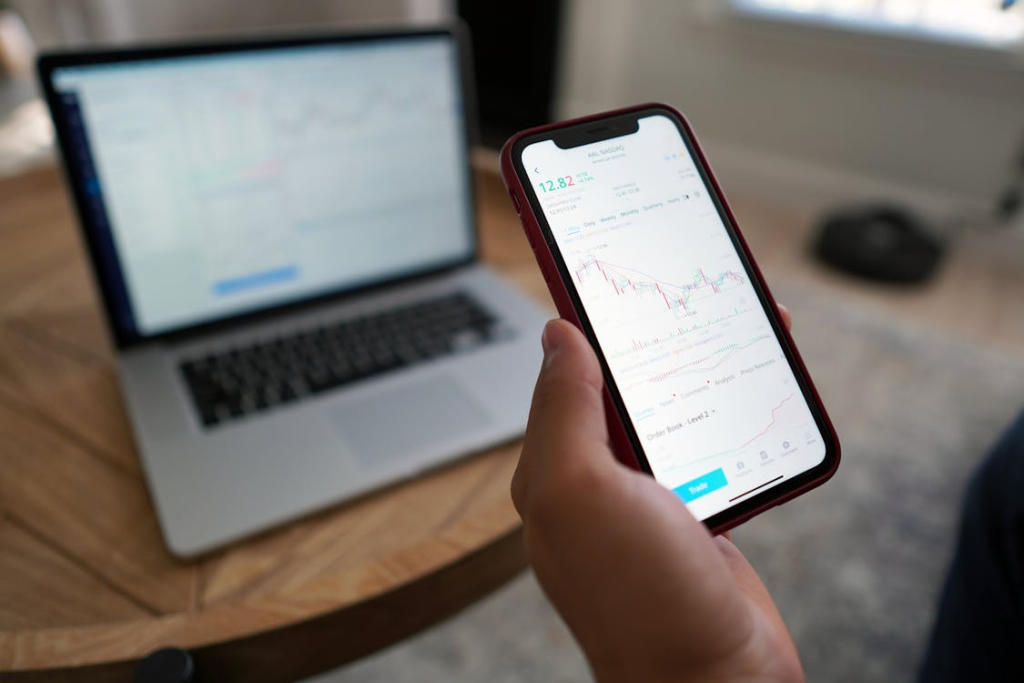
A frequently cited reason for these sell-offs was the uncertainty of the markets during the 2024 presidential election. Election cycles tend to bring in volatility in the financial markets because investors need to adapt to potential policy changes. These policy changes affect taxation, regulation and economic growth. Election cycles also bring about disruptions in market movements, meaning investors look at securing gains and minimizing exposure to markets.
Read More: Elon Musk’s Viral Photo Lead to People Wonder What He Was Actually Doing During The Cabinet Meeting
S&P 500 Index at an All Time High

Stocks have soared to record highs, with the S&P 500 index reaching peak values. The performance of the S&P Index rose over 27% in the past year, suggesting the market may be overvalued. This presents a perfect opportunity for a classic “sell high” strategy. For CEOs and founders with immense paper wealth tied up in one company, selling when the stock is high and rising is a logical way to convert those holdings to cash.
Diversification of Portfolios
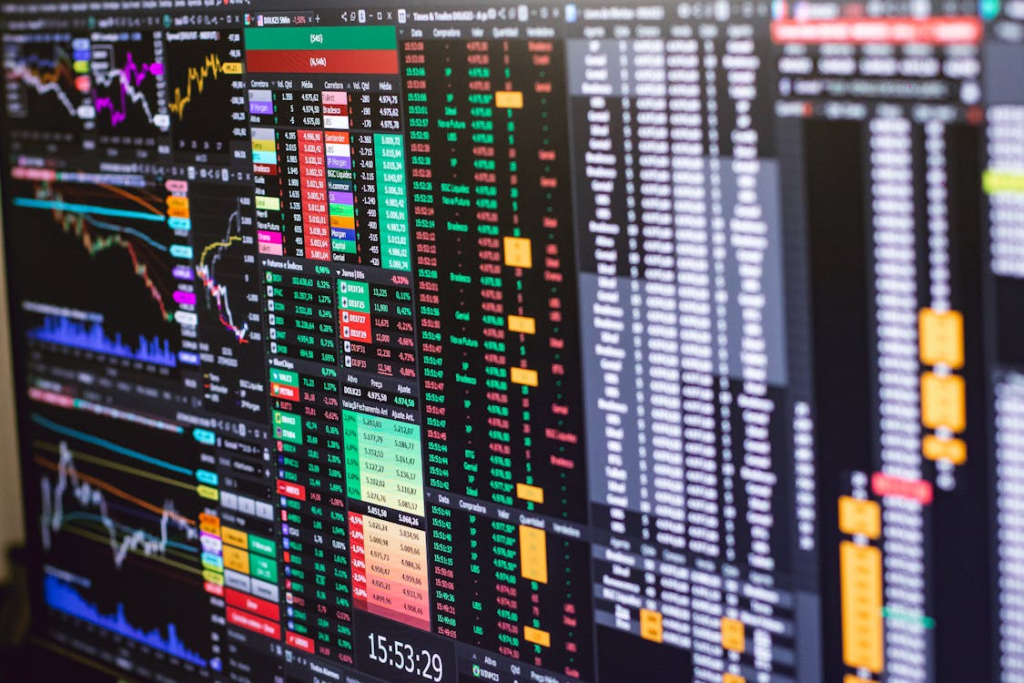
Holding an overwhelming majority of personal wealth in a single stock carries significant risk. Mounting pressures from inflation, supply chain issues, and geopolitical tensions are threatening to tip the global economy into a downturn. To protect themselves from potential losses, investors often divest from stocks and reallocate funds into safer investments. Furthermore, by selling shares and reinvesting the capital into a wider range of assets, these billionaires can reduce their exposure.
Potential Tax Hikes and Political Uncertainty

Economic and political uncertainty is a significant influence. Policy shifts including potential tax hikes for the wealthy could affect their profits. Billionaires may be selling now to take advantage of current tax laws before they potentially change. Selling stock is one way to secure gains before any potential market volatility.
The Titans Unloading Their Shares
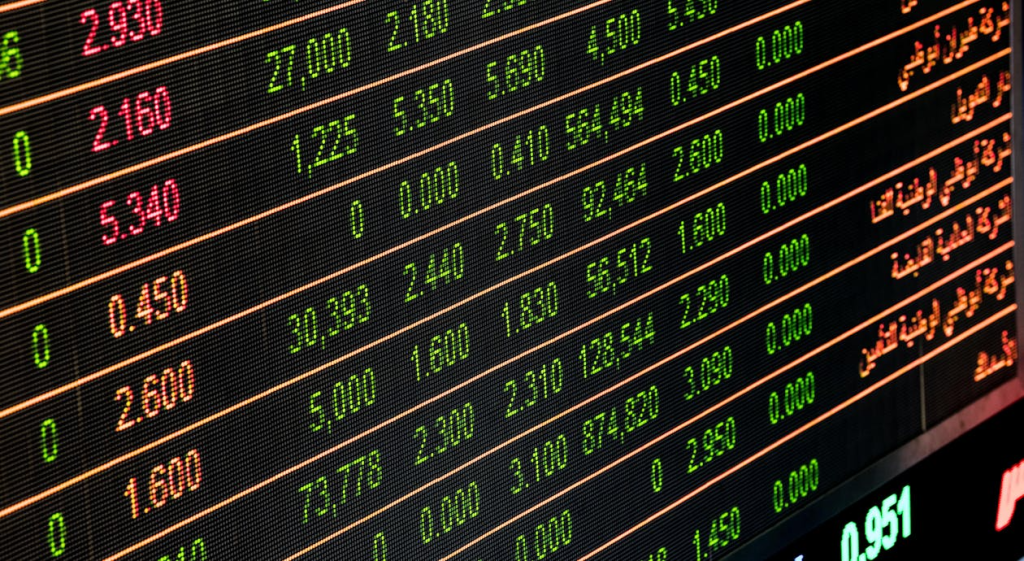
The scale of these stock sales is staggering, involving some of the biggest names in business. Several prominent American billionaires have triggered shockwaves across financial circles by significantly offloading their stock holdings. These substantial sales not only spotlight the individuals’ strategic financial moves but also fuel urgent concerns about the wider market and economic implications. We now reveal the specific sellers and the sheer scale of these divestitures.
Jeff Bezos

Jeff Bezos, the founder of Amazon, has been a leading figure in this trend. He sold $8.5 billion worth of Amazon stock in just nine trading days in February. More recently, he offloaded another $737 million in shares. These transactions are part of a pre-arranged trading plan that will see him sell millions more shares through 2026. Bezos’ divestment of a significant portion of Amazon ownership signals a divergence from his previous investment in the company’s growth.
Read More: Billionaire promised to die ‘broke.’ $8 billion dollars later, the world is a better place for it.
Mark Zuckerberg

Meta CEO Mark Zuckerberg cashed in approximately $2 billion worth of his company’s stock over the past year. These sales are notable because he had not sold any Meta shares for nearly 2 years prior. This massive divestment of Meta’s shares by Zuckerberg raises questions about his perceptions of Meta’s growth and innovation.
Jamie Dimon

The sell-off by JPMorgan Chase CEO Jamie Dimon has also drawn significant attention. He sold $150 million worth of the bank’s stock, marking his first-ever sale in 18 years as CEO. This unprecedented move was followed by another substantial sale of around $234 million. Dimon’s decision to start selling after nearly 2 decades at the helm is particularly striking to market observers.
The Walton Family

This trend is not limited to tech and finance titans. The Walton family, heirs to the Walmart fortune, sold $1.5 billion of the company’s stock. Further filings revealed another sale of over $307 million in March 2025. This is part of the family’s ongoing strategy to manage their vast ownership stake in the retail giant and prevent it from growing too concentrated.
Read More: Crypto Billionaire, Justin Sun, Eats Banana He Bought for $6.2 Million
Leon Black
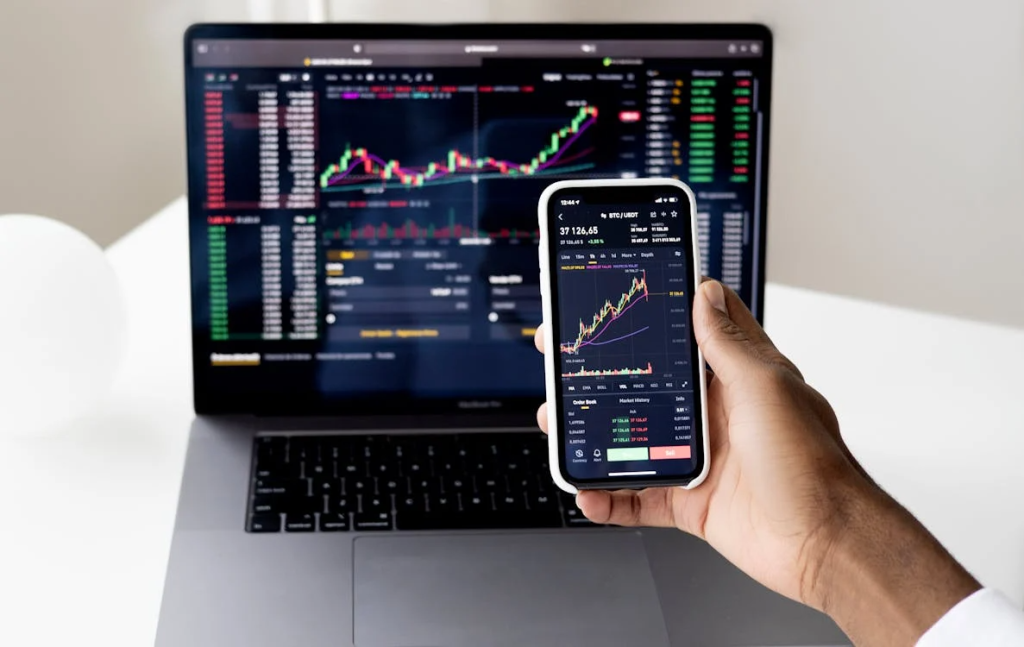
Other influential figures have made similar moves. Leon Black, the founder of private equity firm Apollo Global Management, sold $67.7 million in stock in April 2025. This sale was reportedly for portfolio management and tax planning purposes. Together, these high-profile divestments underscore a broad pattern of billionaires selling stock across major sectors of the economy.
What Financial Experts Are Saying

Financial analysts are closely watching these developments and offer varied interpretations. Some experts believe the sales are a cautionary signal. They suggest that these well-informed executives may be bracing for a market downturn or a correction. The heavy selling in the tech sector has fueled concerns that a “tech bubble” could be about to burst. This view holds that insiders see potential trouble ahead for the economy.
Broader Implications for the Market

The actions of these high-profile executives can have a significant impact on investor confidence. When CEOs sell large volumes of stock, it can be interpreted as a lack of faith in their company’s future growth. This can send a worrying message to the market, suggesting that shares might be overvalued or that trouble is on the horizon. This perception could potentially trigger a wider sell-off among other investors.
However, while some investors may see risk, others might find opportunity. It is important to note that most of these sales are not impulsive decisions. They are carried out under pre-arranged trading plans established months in advance. This structure ensures the sales are not based on sudden, negative insider knowledge. For investors with a long-term belief in a company’s fundamentals, a price dip caused by these sales could present an attractive buying opportunity.
